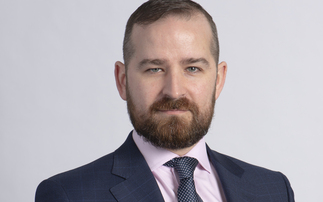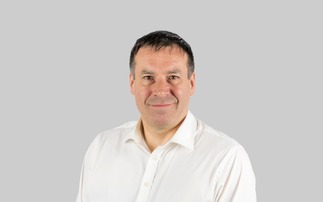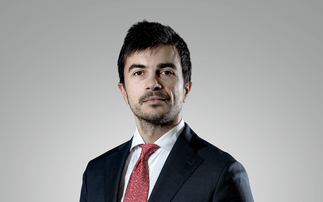Helen Bradshaw of Quilter Investors says those looking for sustainable income must look closely at how that income is generated.
The needs of investors nearing retirement are shifting up a gear. But the returns available from safe fixed-income investments are stuck in neutral, obliging investors to choose between uncomfortably low incomes or more exciting investment strategies with less-than-transparent levels of risk.
The long equity bull market has offset the problem in the post-crisis years, says Helen Bradshaw of Quilter Investors. But a combination of demographic trends, ‘lower for longer' interest rates, new pensions freedoms, and end-of-cycle market volatility may soon reveal the depth of the challenge.
Demographic drivers
"We have an ageing UK population1 with big expectations about doing more in their retirement", says Bradshaw, who this summer launched two new income-oriented portfolios for Quilter Investors. Meanwhile retirement is lasting an increasingly long time, with about a quarter of babies now expected to live until the age of 100.2 So retirement income must be sustainable.
"Today's retirees also want retirement to come in different shapes and sizes", says Bradshaw. The percentage of those over 65 still in full-time employment has doubled in the last 20 years,3 as more people opt for phased and delayed retirements that blur the line between capital accumulation and income investing.
That kind of flexibility is supported by the pension freedoms introduced by George Osborne in 2015. But income investors face a fundamental challenge.
Lower longer
Traditional approaches to income investing are no longer generating the levels of incomes necessary for longer, fuller retirements. "Before the global financial crisis, government bonds would give you a yield of over 4%, and investment grade might yield over 6%", says Bradshaw.
UK government bonds now offer under 50 basis points, she says. To earn pre-crisis levels of incomes in the post-crisis era, investors and their advisers have had to work harder, be more creative in the assets they employ including alternative assets - and take bigger risks.
Those risks worry Bradshaw, as end-of-cycle market turbulence looms. "I think advisers need to look at how that higher income is generated. Is it reliant on one asset class? How diversified is it? And how frequent are the income streams and do they really match the needs of the client?", she asks.
The questions highlight the link between risk transparency and income sustainability. "Two income solutions may look similar on the tin but be quite different when you look under the lid", Bradshaw says.
Click here to learn more about how Helen Bradshaw is tackling the problem of improving income risk transparency and sustainability using multi-asset strategies, income diversification and volatility targets.
Sources: 1,3 ONS, How Would You Support our Ageing Population, 24 June 2019, http://bit.ly/2lFYFTI;
2 ONS, What Is My Life Expectancy? And How Might it Change?, May 2018, http://bit.ly/2lXNi9u
IMPORTANT INFORMATION
For Investment Professionals only. Past performance is not a guide to future performance and may not be repeated. Capital at risk.
This communication is issued by Quilter Investors Limited ("Quilter Investors"), Millennium Bridge House, 2 Lambeth Hill, London, England, EC4V 4AJ. Quilter Investors is registered in England and Wales (number: 04227837) and is authorised and regulated by the Financial Conduct Authority (FRN: 208543).
For further information and to access the KIID and prospectus for the Quilter Investors Monthly Income and Quilter Investors Monthly Income and Growth Portfolios, please visit: https://www.quilterinvestors.com.











